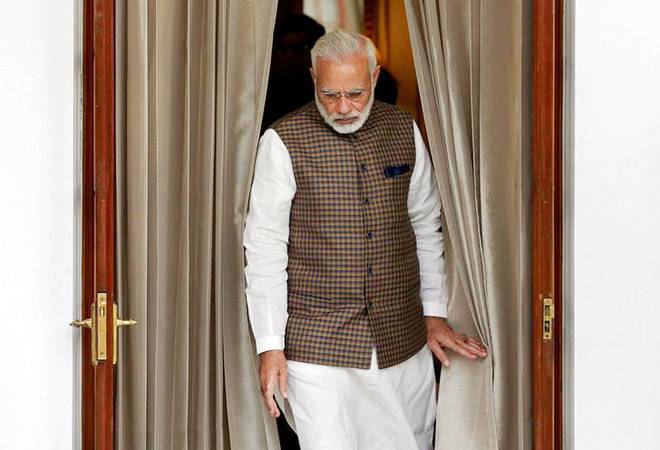The EPFO jobs data, which gave the government much-needed firepower to take on the criticism regarding lack of jobs created in the economy, may have come out after a nudge by the Prime Minister’s Office. The EPFO study was later cited by Prime Minister Narendra Modi in an interview where he claimed that in one year, EPF accounts of 70 lakh youth between the ages of 18 and 25 have been opened. Finance Minister Arun Jaitley also defended Centre’s track record on job creation citing the same report on the budget day.
According to a report in Business Standard, the study that claimed 55.2 lakh people would be added to the payroll in 2017-18 was initiated when the Prime Minister’s Office (PMO) asked policy think tank Niti Aayog to give “quick indicators for direct or indirect reflections on employment data” to be able to arrive at “desired trends in employment at the earliest.”
Before the government went on to publicize its feat of having created ‘seven million jobs’ in the economy, the Niti Aayog had reportedly helped the authors of the study get access to data of around 80 million Employees’ Provident Fund (EPF) subscribers.
The study, named, Towards a Payroll Reporting in India, was authored by Prof. Pulak Ghosh (Professor, IIM Bangalore) and Soumya Kanti Ghosh (Group Chief Economic Adviser, SBI). The report said that Niti Aayog allowed the authors to work from its offices as the EPFO data on employees was made available to a select group of non-government researchers. Even the EPFO was not fully aware that its employment data would be used by somebody outside the government system, the report claimed.
The critics had earlier challenged the study, saying that it does not factor in the jobs that were moved from unorganized sector to organized sector following note ban. The EPFO data, which was ostensibly provided to Ghosh and Ghosh, does not account for the jobs that were lost after the implementation of GST.
The report said Niti Aayog gave Ghosh and Ghosh access to around 60 gigabytes of EPFO database that included employees’ names, dates of birth, permanent account numbers, provident fund contributions, and industry names, for a period between January 2015 and November 2017.
On November 2 last year, Niti Aayog Vice-Chairman Rajiv Kumar wrote a letter to the EPFO asking it to provide data on new EPF subscribers from April to October 2017, the report claimed.
“We gave the data to the Aayog, which is a government entity. We did not know there was an survey being undertaken based on our data,” the report quoted an EPFO official as saying.
The research was later published as an “academic study” conducted by IIM Bangalore and SBI.


